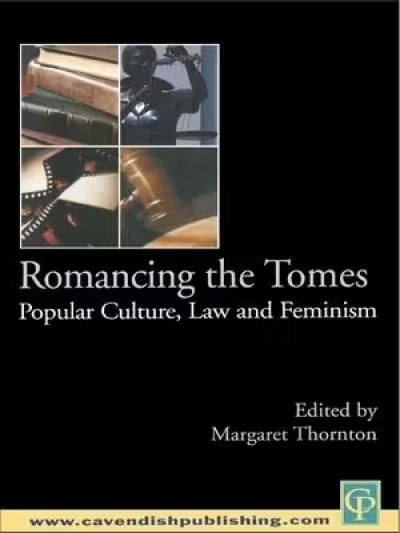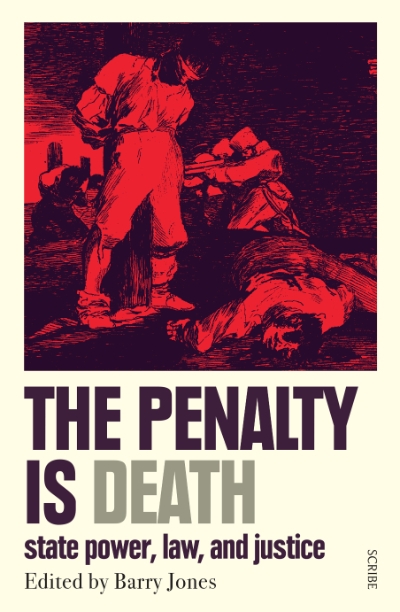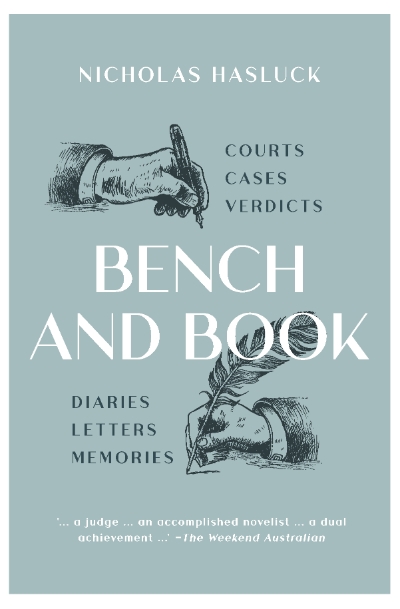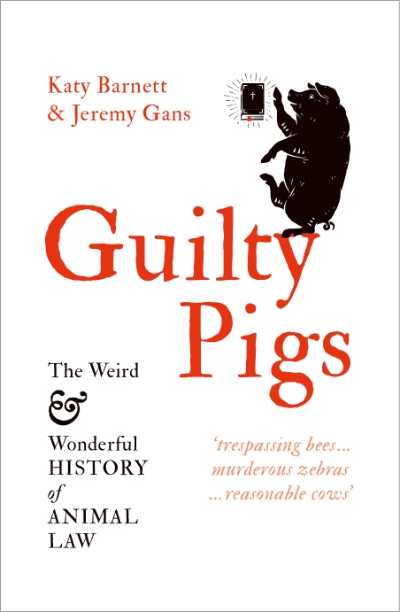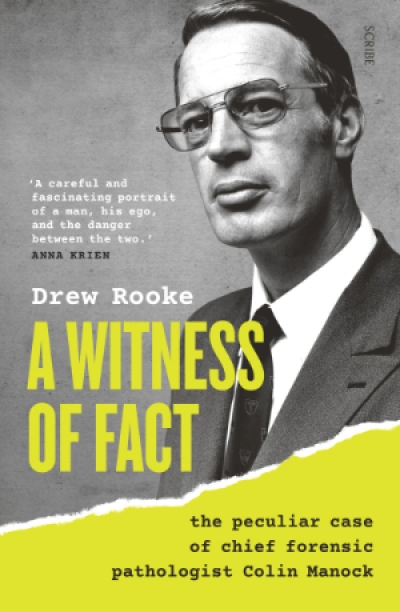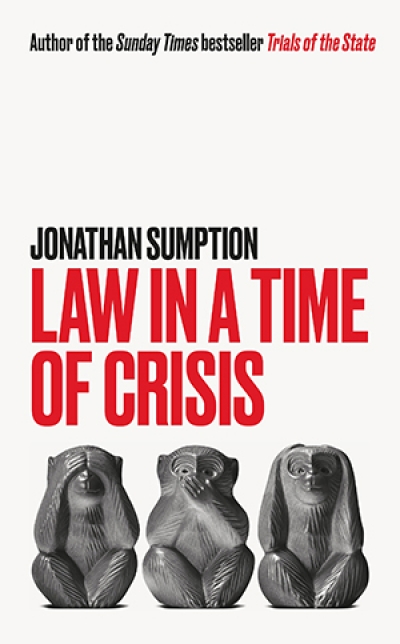Law
Romancing the Tomes: Popular culture, law and feminism edited by Margaret Thornton
The Penalty Is Death: State power, law, and justice edited by Barry Jones
Law, Capitalism and Democracy: A sociology of Australian legal order by Pat O'Malley
Russia’s invasion of Ukraine in late February this year was met with near universal condemnation by Western nations. While aggression of this kind and on this scale has been relatively anomalous this side of the second world war, Russia’s disregard for the laws and institutions upholding global peace and security is far from unprecedented. In this week’s episode of The ABR Podcast, Ben Saul reads his commentary piece from the July issue, arguing that Western disrespect for international law is entirely consistent with Russia’s violation of ‘a stable, mutually agreed world order’ ...
... (read more)Guilty Pigs: The weird and wonderful history of animal law by Katy Barnett and Jeremy Gans
In an age of disinformation, whistleblowers such as Julian Assange and Edward Snowden have been accorded the status of folk heroes. And yet, as their respective cases show, no other act of public service is harried as ruthlessly and vindictively by governments whose secrets have been aired. In this episode of The ABR Podcast, listen to Kieran Pender read his cover feature for the April issue, in which he argues for stronger whistleblower protections by examining the case of Bernard Collaery.
... (read more)On the first day of March this year, Scott Morrison declared his commitment to democratic principles. ‘My government will never be backward when it comes to standing up for Australia’s national interests and standing up for liberal democracy in today’s world,’ the prime minister told reporters. ‘We can’t be absent when it comes to standing up for those important principles.’ It was a deeply hypocritical statement from a leader who has overseen raids on journalists, the prosecution of whistleblowers, and the degradation of transparency mechanisms at the heart of our democracy. Standing up for important democratic principles is just about the opposite of what the Morrison government has done, domestically at least, in recent years. The secrecy-shrouded prosecution of Bernard Collaery makes that abundantly clear.
... (read more)
